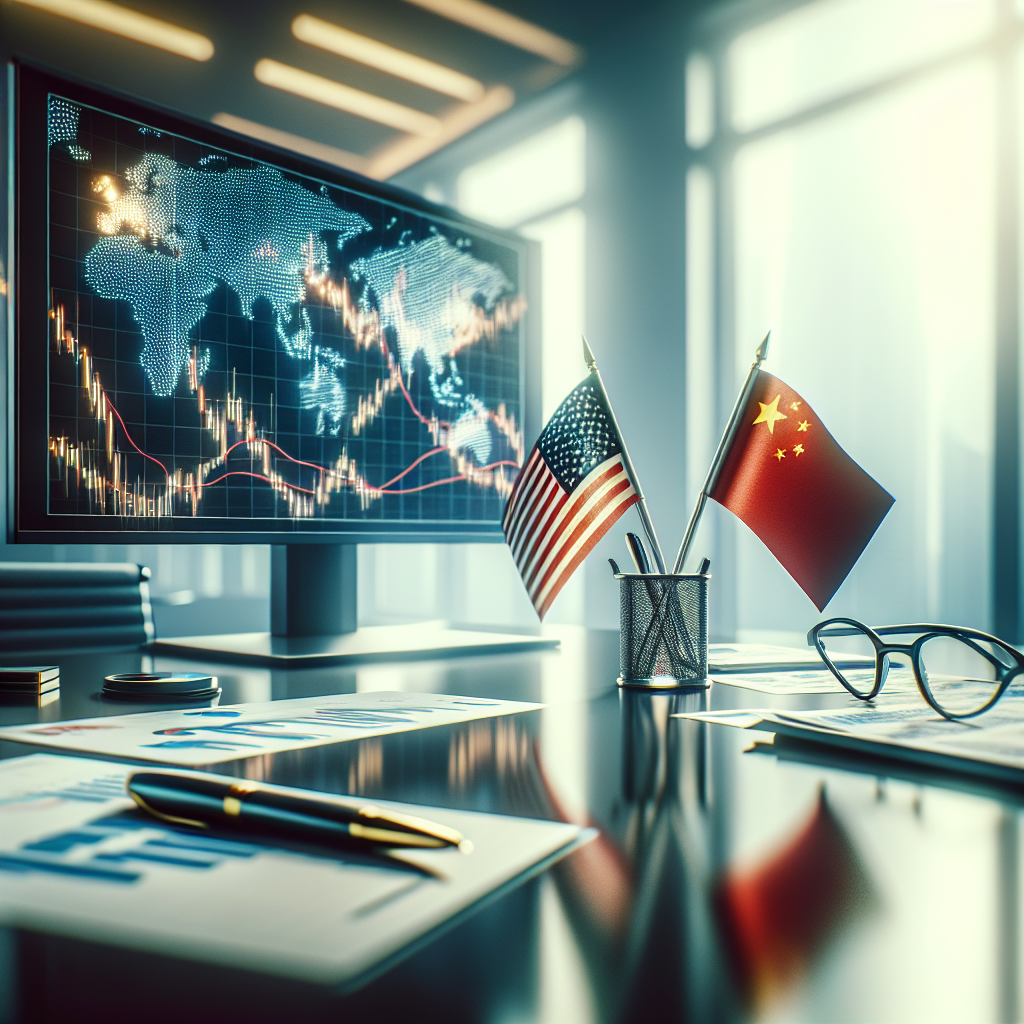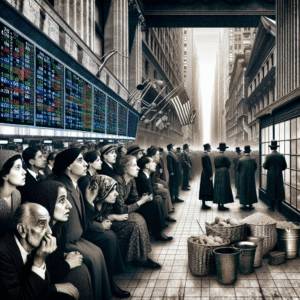U.S.-China Tariff Cuts: Is the 2025 Stock Market Sell-Off Officially Over?
In the wake of a tumultuous period in trade relations, the recent news of tariff cuts between the United States and China has stirred the financial markets. With 2025 marking a critical year for stock performance, many investors are left wondering: has the stock market sell-off officially come to an end?
In this blog post, we will delve into the implications of these tariff cuts, their potential impact on the stock market, and what it could mean for investors moving forward.
The Context of U.S.-China Tariff Relations
The trade relationship between the U.S. and China has been fraught with tension for years, leading to a series of tariffs imposed by both nations. These tariffs aimed to protect domestic industries but often resulted in increased costs for consumers and a slowdown in economic growth.
As we approach 2025, a significant shift has occurred. The U.S. and China have agreed to reduce several tariffs, which could be a game-changer for the global economy.
Understanding the Tariff Cuts
The recent tariff cuts can be seen as a strategic move to:
1. Encourage Trade: Lower tariffs could facilitate smoother trade between the two largest economies in the world, leading to increased exports and imports.
2. Stimulate Economic Growth: Reducing tariffs may alleviate inflationary pressures and promote consumer spending, which is vital for economic recovery.
3. Enhance Market Confidence: Investors often react positively to news of easing trade tensions, as it reduces uncertainty in the market.
These cuts have the potential to create a more favorable environment for businesses, particularly those that rely on international supply chains.
Impact on the Stock Market
The stock market’s reaction to the tariff cuts has been cautiously optimistic. Initial reports indicate a surge in stock prices, fueled by investor enthusiasm over potential economic benefits. However, the question remains: is this merely a temporary spike, or is it indicative of a longer-term trend?
Factors Influencing Stock Market Performance
Several key factors will play a critical role in determining whether the stock market sell-off is truly over:
1. Economic Indicators: Investors will closely monitor indicators such as GDP growth, unemployment rates, and consumer confidence. A positive shift in these metrics could solidify market gains.
2. Corporate Earnings: As companies report their quarterly earnings, the response from the market will offer insights into how businesses are adapting to the new tariff landscape.
3. Geopolitical Stability: Ongoing geopolitical tensions can create volatility in the market. Any resurgence of trade disputes or conflicts could undermine investor confidence, leading to further sell-offs.
What Investors Should Consider
As we navigate this uncertain landscape, it’s crucial for investors to approach their portfolios with caution and informed strategies. Here are some considerations to keep in mind:
Diversification is Key
Investors should consider diversifying their portfolios to mitigate risks associated with market fluctuations. This can include:
– Investing in Various Sectors: Look for opportunities across different industries, as some may benefit more from tariff reductions than others.
– Exploring International Markets: Consider diversifying into emerging markets that may also experience growth as global trade relations improve.
Stay Informed About Policy Changes
The political climate can greatly impact market conditions. Investors should remain vigilant and keep an eye on:
– Legislative Developments: Changes in trade policies or new tariffs could alter the optimistic outlook.
– Economic Reports: Regularly reviewing economic reports and forecasts will help gauge the health of the economy.
Evaluate Risk Tolerance
Each investor has a unique risk profile. As markets fluctuate, assessing your risk tolerance is crucial. Consider the following:
– Investment Horizon: Are you looking for short-term gains, or are you focused on long-term growth?
– Market Volatility: Determine how comfortable you are with potential market downturns and fluctuations.
Conclusion: A Cautious Optimism
While the U.S.-China tariff cuts present a beacon of hope for economic recovery, the stock market’s trajectory remains uncertain. The reactions from both businesses and markets will shape the future landscape.
Investors are advised to:
– Remain informed and adapt to market changes.
– Seek opportunities that arise from this new trade environment.
– Maintain a balanced approach to their investment strategies.
The question of whether the 2025 stock market sell-off is over may not have a definitive answer just yet. However, with a cautious optimism in the air, investors should be prepared to navigate the evolving landscape with both resilience and strategy.



